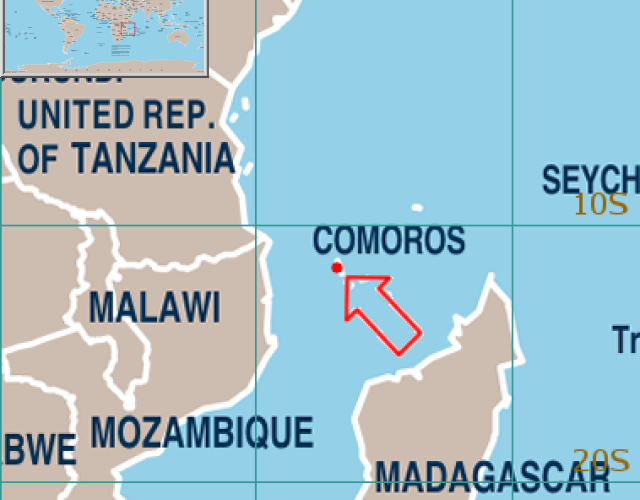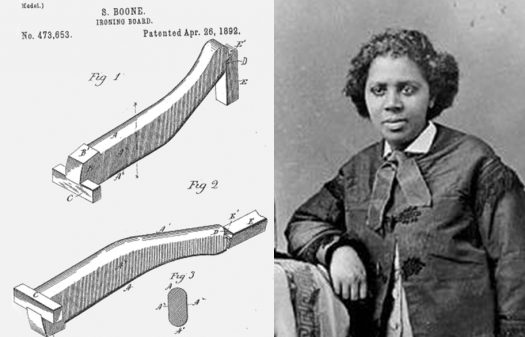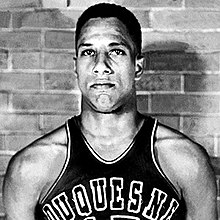This Day In History: July 6th
The Southeast nations of Malawi and Comoros are considered home to a population of nearly 20 million people combined. Both countries gained independence from European forces on July 6, with Malawi achieving independence from Britain in 1964 and Comoros achieving independence from France in 1975.
Prior to colonization, Malawi was initially inhabited by native groups such as the Twa and Fulani tribes. A wave of Bantu-speaking people began to populate the area from the 13th century to the 15th century. The Bantu immigrants were successful in introducing a centralized system of government. The Maravi Confederacy was created towards the end of the 15th century and included cooperation between parts of present-day Zambia, Mozambique and Malawi.
Portuguese explorers began to arrive in the area during the 17th century, and in 1891 Britain established the Nyasaland and District Protectorate, which made the territory subject to colonial control. During the 20th century, between 1951 and 1953, the colonial government decided to establish the Federation of Rhodesia and Nyasaland. The federation included Southern and Northern Rhodesia and Nyasaland, but it was dissolved in 1963 as calls for independence grew stronger.
Malawi became an independent member of the Commonwealth of Nations on July 6, 1964. Dr. Hastings Kamuzu Banda served as the President of the one-party state for three decades. The first multi-party election was held in 1994 and Bakili Muluzi quickly released political prisoners and re-established freedom of speech during his tenure.

Eleven years after Malawi, the island nation of Comoros gained independence on July 6, 1975. The archipelago consists of four main islands: Ngazidja, Mwali, Nzwani and Maore. Early inhabitants of the area were believed to be of African, Malayo-Polynesian and Arabian descent. The Portuguese began exploring the land during the 16th century, and by 1527 the islands appeared on European maps.
The island of Maore fell under French control and by 1886, all the islands of Comoros were considered a French protectorate. The territory initially shared administrative connections with Madagascar until becoming an overseas colony of France in 1947. Comoros was also given representation in the French National Assembly. In 1961, Madagascar became an independent nation which led to Comoros gaining autonomy.
A push for liberation developed over the decade and three of the islands (Ngazidja, Mwali, Nzwani) making up Comoros decided to vote for independence in 1974. The following year, Comoros unilaterally declared independence and Ahmed Abdallah served as the first president. Abdallah was replaced by Prince Said Mohamed Jaffar in a coup the same year, ultimately foreshadowing the years of political instability that followed.









